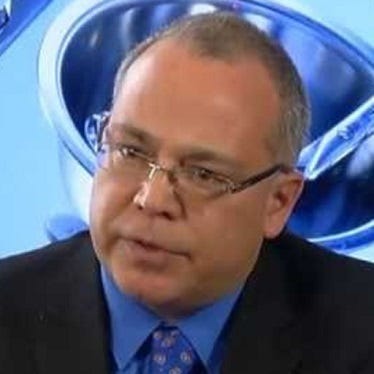Servicing Foreign: A Quick Guide for Companies Eager To Sell Overseas
Selling U.S. dietary supplements or ingredients overseas is not just a matter of translating vitamin C to Chinese (抗壞血酸的) or chromium into Greek (χρώμιο), or of sticking a customs declaration or Certificate of Free Sale document on your box of foreign-bound product --- you must first be aware of the different ways supplements are viewed and sold outside America.
On the one hand, we hear plenty of commentary about how restrictive Europe is in terms of nutrient dosages, such as for B vitamins, and this is true. However, the Europe-U.S. dynamic is almost a photographic positive-negative reverse of each other.
For example, while natural medicine (e.g., Eclectic Medicine) was essentially run out on the rails from the U.S. after the publication of the Flexner Report at the turn of the last century, the dietary supplement market evolved out of an independent, pioneering spirit and tradition of self-care, natural foods, and old-fashioned remedies.
On the other hand, while monolithic pharamceutical corporations have come to dominate and greatly limit access to high-potency nutritional supplements in Europe, medicalizing many products through prescriptions and pharmacies, the natural medicine tradition has developed largely unabated, such that access to homeopaths, naturopaths and herbalists is widely available.
In China, for example, while Traditional Chinese Medicine remedies are openly sold via pharmacies and physicians, there is not yet a true dietary supplement market, as such, and many products are typically offered via health shows that are almost a type of evangelical health revival.
So aside from basic regulatory and trade questions of what can be sold where, and which registrations and approvals are needed, and regardless of whether you are hoping to sell vitamin C or chromium or any other nutrient, it is critical for any U.S. company contemplating sales, licensing or marketing agreements outside the good old US of A to become very familiar with the cultural milieu into which its products will be introduced.
That means it has become increasingly important to seek in-country expertise, people who can not only help open doors and markets but who can assist you in entering foreign markets intelligently, respectfully, and successfully.
Vital to effective local support in China would be contacting Jeff Crowther and his team at the U.S.-China Health Products Association (http://uschinahpa.org/contact-us/); companies wishing successful entre to European markets should contact regulatory experts at such companies as Cantox (http://www.cantox.com/contact-us.aspx).
About the Author
You May Also Like

